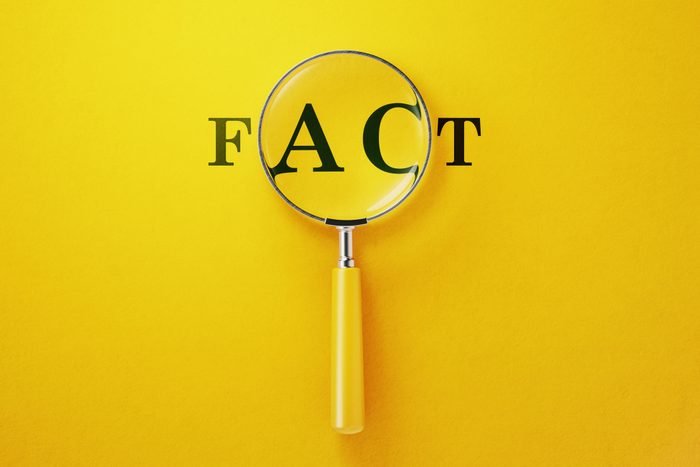A psychiatrist’s guide to twisted relationships to truth: ‘Alternative facts’
The phrase “alternative facts” has recently made the news in a political context, but psychiatrists like me are
already intimately acquainted with the concept – indeed, we hear various forms of alternate reality expressed
almost every day.
Untruths aren’t always lies:
First, we need to make a distinction often emphasized by ethicists and philosophers: that between a lie and a falsehood.
Thus, someone who deliberately misrepresents what he or she knows to be true is lying – typically, to secure
some personal advantage.
In contrast, someone who voices a mistaken claim without any intent to deceive is not lying.
That person may simply be unaware of the facts, or may refuse to believe the best available evidence. Rather
than lying, he’s stating a falsehood.
In clinical psychiatry, we psychiatrists see patients with a broad spectrum of ideas that many people would find eccentric, exaggerated or blatantly at odds with reality.
The clinician’s job is, first, to listen empathically and try to understand these beliefs from the patient’s point of
view, carefully taking into account the person’s cultural, ethnic and religious background.

When what you believe is wrong
We can think of distortions of reality as falling along a continuum, ranging from mild to severe, based on how
rigidly the belief is held and how impervious it is to factual information.
On the milder end, we have what psychiatrists call over-valued ideas.
These are very strongly held convictions that are at odds with what most people in the person’s culture believe,
but which are not bizarre, incomprehensible or patently impossible.
A passionately held belief that vaccinations cause autism might qualify as an over-valued idea: it’s not
scientifically correct, but it’s not utterly beyond the realm of possibility.
Falsehoods of various kinds can be voiced by people with various neuropsychiatric disorders, but also by
those who are perfectly “normal.”
Within the range of normal falsehood are so-called false memories, which many of us experience quite often.
For example, you are absolutely certain you sent that check to the power company, but in fact, you never did.
Who cares about facts anyway?
Of course, all of this presumes something like a consensus on what constitutes “reality” and “facts” and that
most people have an interest in establishing the truth.
But this presumption is looking increasingly doubtful, in the midst of what has come to be known as the
“post-truth era.”
Charles Lewis, the founder of the Center for Public Integrity, described ours as a period in which “up is
down and down is up and everything is in question and nothing is real.”











